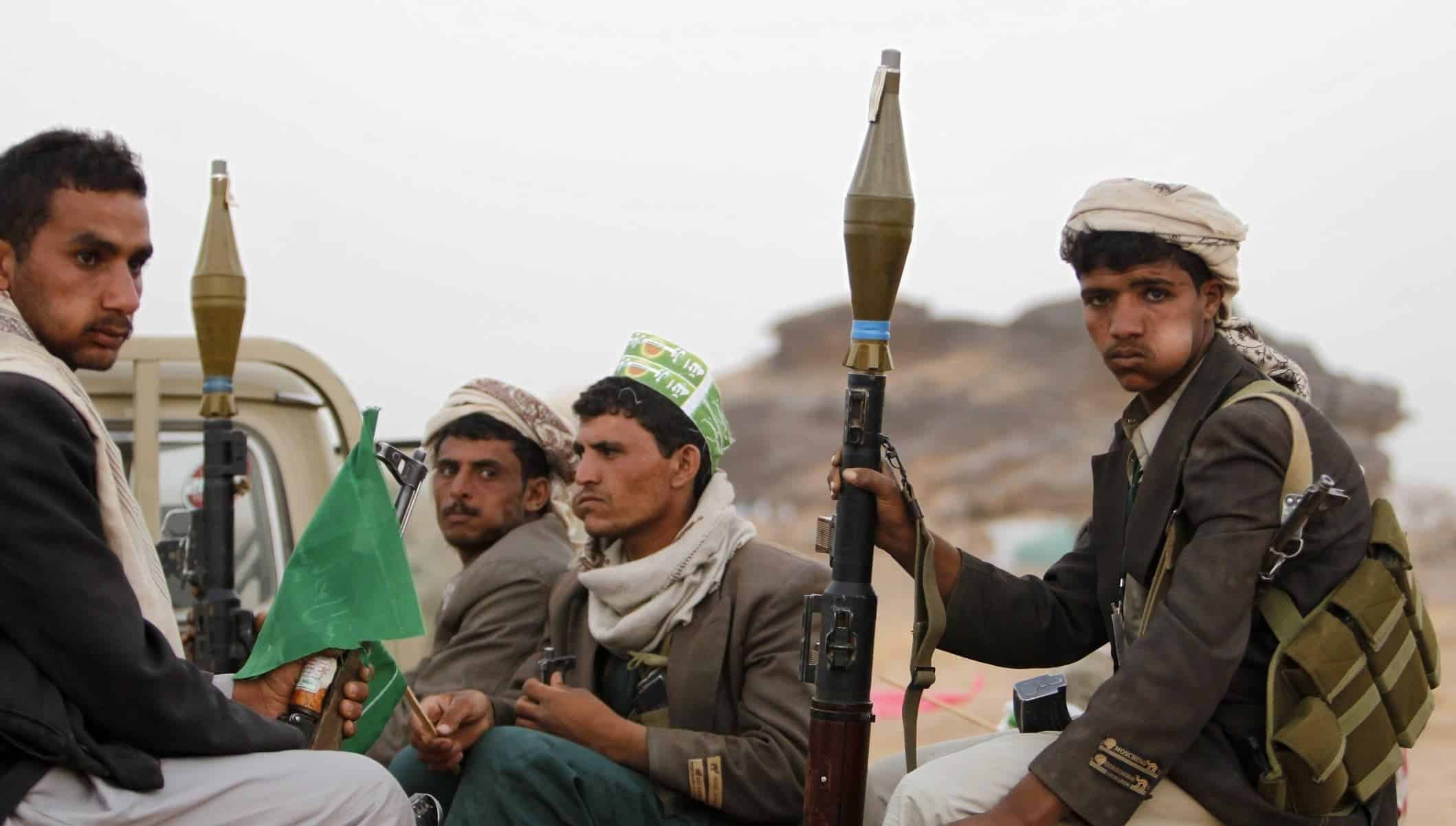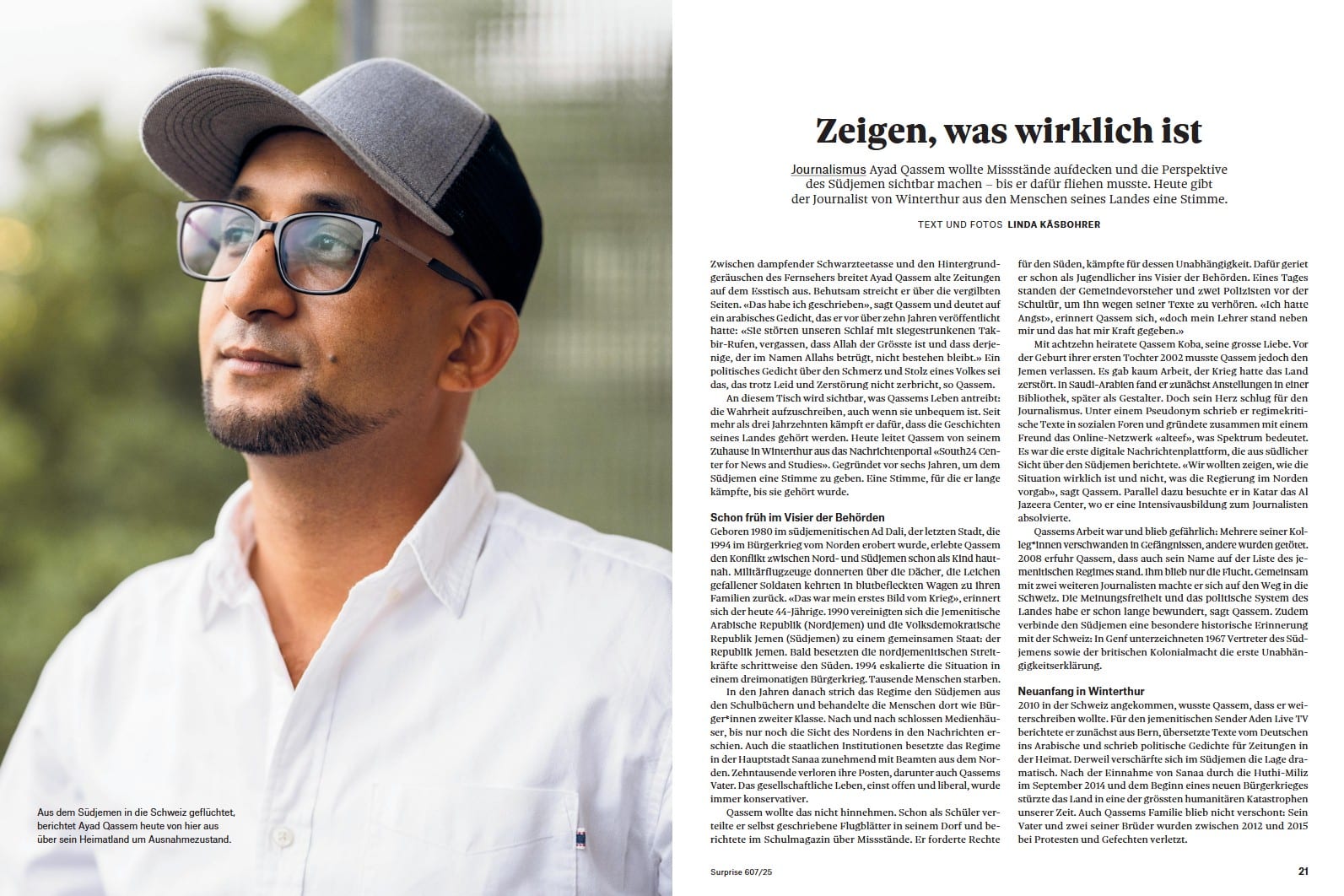
آخر تحديث في: 22-10-2021 الساعة 4 مساءً بتوقيت عدن
Marib (South24)
The Iran-backed Houthi militias’ control of the Northern governorate of Marib threatens the fate of the Riyadh Agreement, signed by the STC and the Yemeni government about two years ago according to experts.
In July 2020, the Houthis launched a large-scale attack from three axes on the rich-oil Marib, the last bastion for the Internationally- recognized government.
Until mid July 2020, the Houthis seized control over 4 of 14 districts in Marib (Medghal Al Gedaan-Harib Al Qaramish-Raghwan-Bidbadah). The most explosive areas in the governorate were Serwah and Al Kassara.
In February this year, the fight in Marib intensified, and the Houthis were able to control vast areas in the governorate. Over the following months, the group seized large areas there while the governmental Forces have been based in the city of Marib as an administrative center.
On September 9th 2021, the Houthis declared control over the districts of Rahbah and Mahliyah after heavy siege, as well as Harib District bordering the southern governorate of Shabwa after taking over Bayhan and Ain and parts of Usailan on 21st of the prior month.
The Houthis have been able to isolate Marib from three directions, and began a violent attack on the districts of Al Jubah and Al Abdiyah amid news about “massacres” and “killings injured people” in Al Abdiyah which fell into the group’s hands in In the middle of this month.
On October 17 th, the Houthi Military Spokesman, Yehya Sarea declared control on the districts of (Bayhan-Ain-Usailan) in Shabwa governorate, in addition to the districts of Harib and Al Abdiyah in Marib by the so-called “Operation Rabee Al Nasr (the Victory Spring). (1)
Currently, the Houthis, according to observers, are on their way to bring down Al Jubah, Jabal Murad and other areas surrounding the city of Marib to complete their siege while the group’s fighters employ along their outskirts.
In spite of this continuous progress by the Houthis, the group incurred heavy casualties due to hundreds of air strikes launched by the Saudi-led "Arab Coalition" (2) as well as the valiant resistance from tribes affiliated with the government which in turn lost hundreds of their elements.
The United Nations' efforts, led by the former UN Envoy to Yemen, the British diplomat Martin Griffiths, and the US Envoy Tim Linderking failed to end the Houthi attack on Marib which hosts hundreds of thousands of displaced people.
According to analysts, It does not look so far that the course of events will differ after the new UN Envoy, the Swedish diplomat Hans Grundberg officially assumed his duties on September 5th 2021.
On Wednesday, a Security Council’s statement called on the Houthis to stop escalation in Marib and lift the siege on Al Abdiyah.
The Houthis, according to observers, aim at assuming full control on Marib to secure a stronger negotiation position in possible talks, sponsored by the UN, as well as putting their special conditions to extract more concessions along with winning more military strategic gains in the oil and gas rich- governorate.
Brigadier General Strategist Thabet Hussein, the Military Affairs Consultant at South 24 Center believes that the downfall of the remnants of Marib into the Houthi hand would give them “stronger negotiable positions, helping them to seize full control over “all Northern geography” as well as causing the Hadi government to “lose its last bastion in North”.
Experts believe that those developments in Marib would impact the Riyadh Agreement and the future relationships between the STC and the internationally-recognized government which incurred severe defeats.
The Houthi incursion in Shabwa has intensified the accusations against the Forces affiliated with the government of handing over those areas to the Houthi fighters without resistance. (3)
In August 2019, the troops affiliated with the government, coming from Marib, controlled large parts of Shabwa after fierce battles against the UAE-backed Shabwani Elite.
The Southern officials accuse Islah of controlling the governmental Forces’ decision making, and of being loyal to the Muslim Brotherhood.
The military aspect of the Riyadh Agreement stipulates that these Forces should return to their barracks in Marib. However, the possible Marib’s downfall into the Houthi grip complicates the implementation of this already stumbled part.
A prominent STC’S official said that “the operation of handing over and receiving between the Houthi militias and the Muslim Brotherhood(Islah) basically aimed at ending the Riyadh Agreement”.
Mansor Saleh, Deputy Head of STC’s Media department said that “the goal behind this is directed against South to keep the Yemeni Forces that occupy some southern areas in their locations, under the pretext that there are no Yemeni governorates to which they can move”.
Saleh doesn't rule out “a possible merger between these forces and the Houthis for launching “a joint attack against South to reoccupy it”.
Saleh holds the governmental forces responsible for the outcome of those developments. He added: “the Southern Forces can implement the Riyadh Agreement and more in their own way”.
Impacts
At the military level, Saleh believes that “Marib downfall reduces the whereabouts of the “legitimate” government in favour of the Houthi militias”.
At the political level, this “confirms the facts about North Yemen’s surrender and acceptance of the Iranian project, putting an end to all pretexts and hopes held by some to keep what is called “the Yemeni unity” according to an STC’s official.
Although Saleh admits that the Riyadh Agreement “faces big difficulties”, it remains a “solution for minimum losses”.
However, Brigadier General Strategist Thabet Hussein, believes that “Marib downfall will have no impact on the Riyadh Agreement except for exposing the rejection and intransigence of the legitimacy authority towards the implementation of the agreement, especially its military aspect, particularly what is relevant with the return of Northern Forces to their locations to confront the Houthis in Marib and Baida”.
Nabil Alsoufi, the Editor-in-chief of “News Yemen” said that “the Houthi control of what was left of Marib “underscores the necessity to topple the legitimacy of Hadi and the Muslim Brotherhood”.
Alsoufi told “South 24” that” the downfall of this city, which was earlier liberated, in spite of the high price incurred by its tribes and the Arab Coalition for securing it, means that all these sacrifices will be in vain due to this legitimacy”.
“The Riyadh Agreement has been a latest attempt to prevent disrupting fronts and to unite forces against the Houthis. The continous efforts by the Muslim Brotherhood to obstruct it is a gimmick to keep the fronts scattered and to continue an endless war” he added.
Journalist Abdulrahman Anis doesn’t expect that “the Marib downfall will have an impact on the Riyash Agreement”, adding that “the Agreement has been frozen since its beginning two years ago. The only clause which was implemented is the formation of the parity government in which the STC has a share of 5 ministries”.
Post-Marib downfall
Experts don’t rule out possible Houthi resumption of their attack on Shabwa in South Yemen after achieving their goals in Marib, and may be prior to that.
Brigadier General Thabet Hussein said that “the Houthis may head towards Ataq, the capital of Shabwa, and delay bringing down the remaining areas of Marib”.
This move, according to the military expert Saleh “could provide powerful negotiation cards and wealth for the Houthis in both Marib and Shabwa, but will give the Southerners the right to resist the Houthi occupation with every possible means”.
Journalist Abdulrahman Anis believes that the downfall of the “last bastion of legitimacy” in North would put the Southern governorates under the threat of the Houthi danger. He added: “Marib is bordered by Shabwa and Hadhramaut. The Houthis sent more than one message that they won’t stop on the Marib borders”.
Anis ruled out a “ STC’s military intervention in Shabwa for now”.
Journalist Nabil Alsoufi said that “engaging in the war to defend Shabwa is a confirmation by Marib tribes that their vengeance against the Houthis won’t cease, and that Shabwa and South will keep rejecting and fighting the Houthis”.
Alsoufi hopes that the “STC undertakes the Shabwa War against the Houthis as one of the Riyadh Agreement’s issues”.
For his part, the STC’s official Mansor Saleh said that “the STC defends the Southern territories and identity, and is adherent to the Riyadh Agreement to serve the Southerners’ interests”.
Finally, Saleh said that “the survival of the Riyadh Agreement is pending on the other party’s degree of commitment. “The agreement will come to an end if there will be no excuses,” he concluded.
Journalist and reporter at South24 Center for News and Studies
- Photo: Houthi fighters (Reuters)

قبل 3 أشهر

قبل 3 أشهر